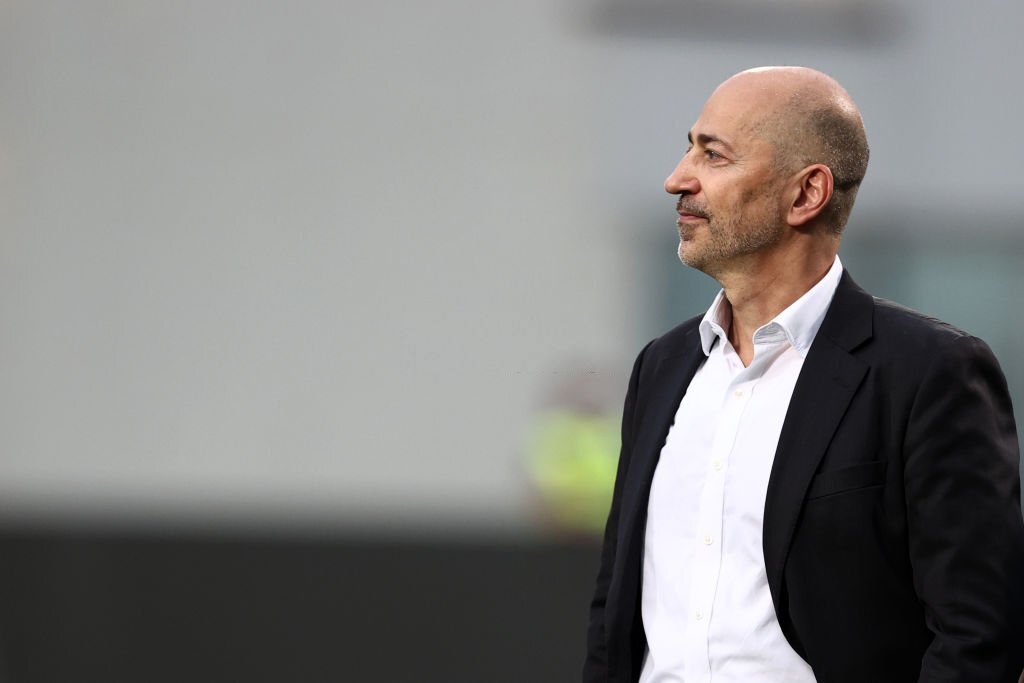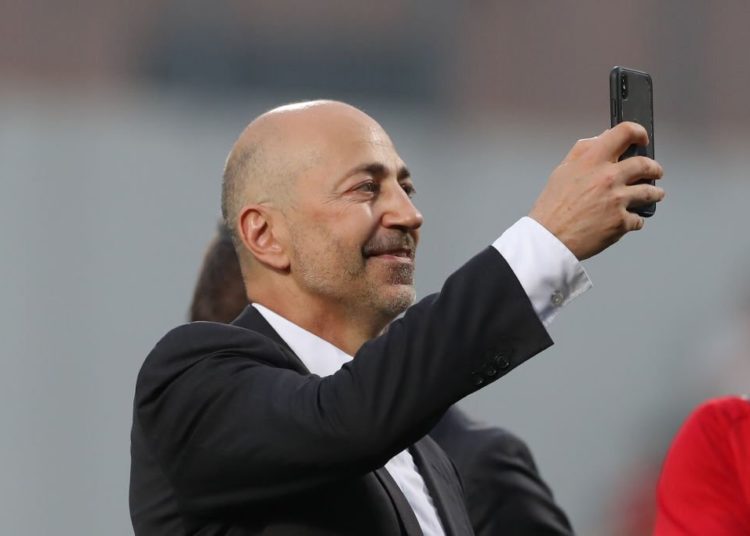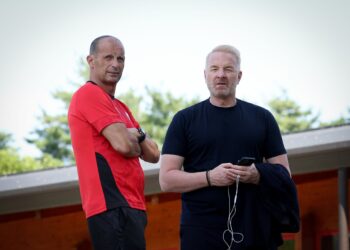AC Milan's chief executive officer, Ivan Gazidis, released an important interview to the microphones of The Guardian as he discusses the Rossoneri club and their season among other topics. Here are his statements:
"It takes a little time to work out the significance,” Ivan Gazidis says as, in his role as the chief executive of Milan, he describes his emotions after the club won their first Serie A title in 11 years the weekend before last. "you’re straight into euphoria and joy but you then realise this is quite a monumental achievement not just for what we’ve done but how we’ve done it – which is very different. Even at the beginning of the season we believed that we’d created something special based on a clear idea of building a new Milan around a very young team. I think it’s the youngest team in modern history to win the Scudetto and one of the youngest teams in Europe. It also has a unity of purpose within the club and with the fans."
Gazidis on joining the AC Milan project of Elliott:
"It wasn’t my relationship with Gordon that convinced me. I loved the idea of doing something challenging in a new environment – even personally learning Italian and a different football culture. And there was the romantic idea that we could bring Milan back. People said it was impossible."
On the scepticism he received upon arrival to Milan:
"It’s forgotten that my background is on the technical side of the game. My role at Major League Soccer [in the US] for 15 years was signing all footballers who played in that league and everything that happened within the white lines was my responsibility. I thought about strategy and what we needed to do with the league as a whole. So my football experience was technical."
He added:
"When I went to Arsenal [in 2008] Arsène Wenger was in complete command of the technical side – rightly so by virtue of his incredible record. So coming to Milan they would call me South African, which is shorthand for ‘he knows nothing about football’. I think the feeling was: ‘Here’s this guy who knows nothing about football, who doesn’t yet speak Italian, who represents a New York hedge fund."
On not being known when arriving to Milan who usually hire former players and historic figures like Paolo Maldini for example:
"Exactly, but Milan is also synonymous with new ideas. Think of Arrigo Sacchi, who reinvented football here. Our new vision was to find players who were not big names. We signed players from relegated teams. We signed players that were castoffs or had no development pathway. We identified them using modern analytics and modern scouting methods and then we provided an environment where Paolo Maldini imbued them with the values of Milan. That combination made the project successful – as did the fact we’ve had the courage of our convictions at every step."
On the resurgence of the AC Milan club and embracing change, Gazidis said:
"I noticed, not just in Italy, but football in general, the great narrative of exceptionalism. The idea that this new thing won’t work here. It happened in England when Arsène was buying French players and people said: ‘They won’t cope on a rainy night in Stoke.’ That exists in Italy. People said: ‘You can’t construct a young team like this in Italy.’ The expression they use is la maglia è pesante – the shirt is heavy. It means this is Milan and you’re playing in San Siro with so many expectations on your back. How can a young person do that? We’ve done almost everything in a way people told us was impossible in Italy."
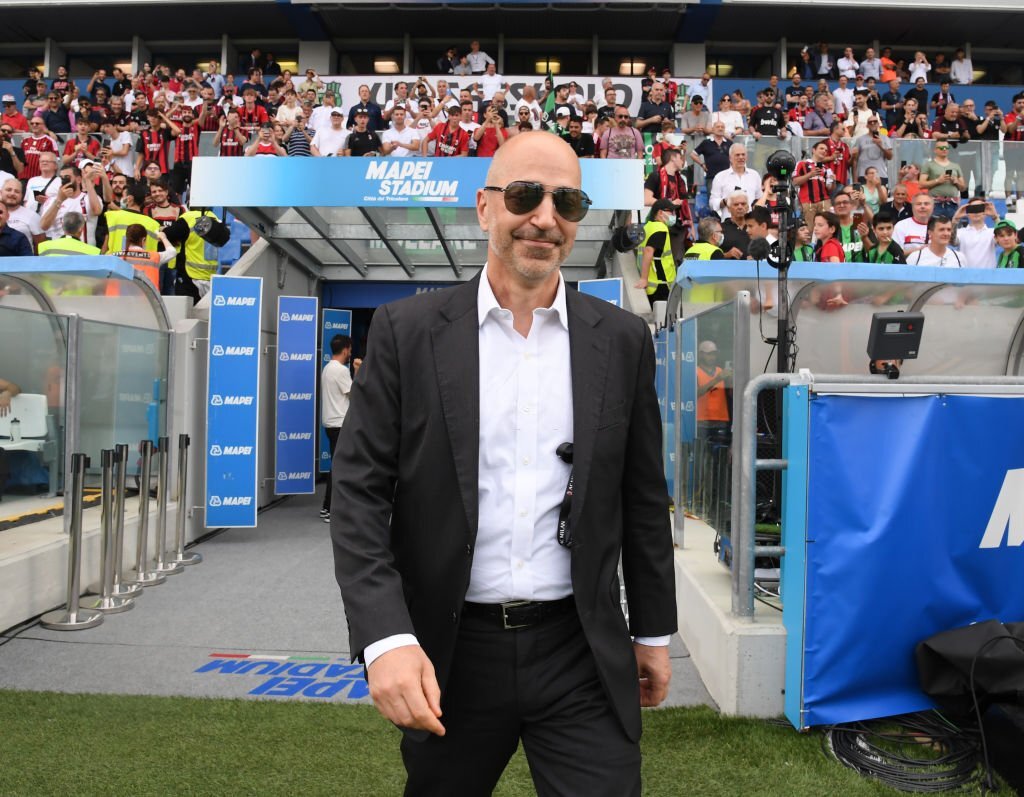
Gazidis on whether he's concerned about the future of football:
"Without values, football is empty. It’s 22 millionaires kicking pieces of leather around on a piece of grass. Football is a feeling of community and common values. I don’t worry for Manchester City, PSG or Newcastle because they have incredibly supportive ownership. I worry for the rest of football. It’s much more powerful to create something than it is to pray a wealthy individual or nation state will save you. It’s very important for all of us to think about this deeply and move football to a more sustainable model where everybody can participate and it genuinely is based on the merit of ideas rather than access to money."
On embracing the Super League project:
"Look, the real Super League is the Premier League which has a global audience and is moving away from other European leagues. If we do nothing that will be the future of football. I’ve lived in that bubble and the Premier League has done a fantastic job. But the Super League proposal was viewed very differently in Italy than England."
Would an Atalanta supporter, for example, really have been relaxed about the Super League?
"Atalanta is a wonderful story. Leicester City is a fantastic story. Our tough choice at Milan was simply to be in [a Super League] or not to be in it. We had to make the responsible choice for the club. Milan was not driving this train. At Arsenal I was vehemently opposed to the Super League, and blocked it, because the Premier League is completely ascendant."
“Pressure is being generated in Europe because they will not be able to compete with the Premier League. It’s not enough to say: ‘A Super League is bad so let’s continue as we were.’ If we do, these tensions and pressures will only grow. We need to talk about it. The most important thing is to have a sustainable model for European football. Financial fair play is a step in that direction but it’s not completely effective. We need collectively to think responsibly about football’s future. A future dominated by the Premier League globally is fine if you live in England. But the rest of Europe needs a more positive vision.”
Gazidis discusses the possible sale of Milan to another hedge fund:
"They are in some discussions. They haven’t been looking to sell but people came to them. There are two groups who both like and believe in the way the modern Milan has been constructed. So whether Elliott stays or one of these groups takes over, the project will have continuity."
Will you stay as CEO?
"I’d certainly stay on for the foreseeable future."
On recovering from cancer last year and the support he received from the club and the fans:
"I feel a real sense of belonging and I’m profoundly grateful."
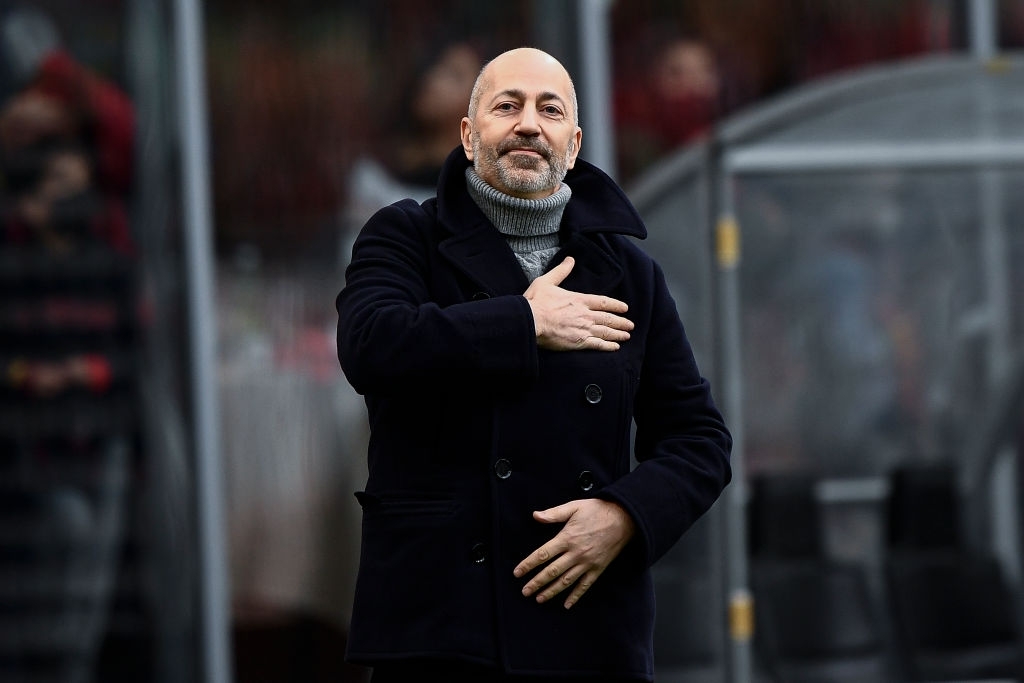
What would Gazidis do if he were to return to Arsenal?
"I would show how much I care. It surprised me that people viewed me as corporate, and distant, and that’s because I was very hands off the sporting side. That was the right thing to do alongside Arsène. But I should have communicated better my feelings for the club. Chief executive positions in football are interesting because you sacrifice so much for the club. I don’t think I’ve had a day off since I started in club football 14 years ago. You can’t do that if you don’t care passionately. There are sleepless nights and the defeats eat you up. You want to provide joy – but fans don’t see that human aspect. It hurts me that Arsenal fans did not feel joy and togetherness but I’m really happy unity is developing under Mikel Arteta who has done a fantastic job. My regret is that I was not able to pull our fans together in the way I’ve done with Milan fans."
On Arsenal fans associating Gazidis with stagnation and decline of the club:
"The words ‘stagnation’ and ‘decline’ were used often during the 10 years I was there. The reality is, up until the last two years, we were incredibly consistent in coming third or fourth. The environment was increasingly competitive with Chelsea and Manchester City but consistency is not really a great story. I think people were confused about the Arsenal narrative. They interpreted it as lack of ambition, which isn’t true, because nobody could be more ambitious than Arsène."
“We had two calendar years where we were the best team but we never were able to put together a cohesive season. We won three FA Cups and there were moments of real hope and expectation. It was only the last two years we couldn’t maintain that consistency.”
On the exit of Arsene Wenger from Arsenal after 22 years as head coach:
"We didn’t have any conflict. I supported Arsène through many years and many difficulties. We always retained a good working relationship and Arsène is an inspirational, brilliant human being. I feel lucky to have learnt from him."
On the new stadium project:
"We want to be competitive at Champions League level again. We’re still in growth mode because our young players had never played in the Champions League before last season. We’re aiming for year-on-year improvement. This season we never spoke [publicly] about winning the Scudetto but it was our internal objective. We knew the dream would only be achieved by hard work.”
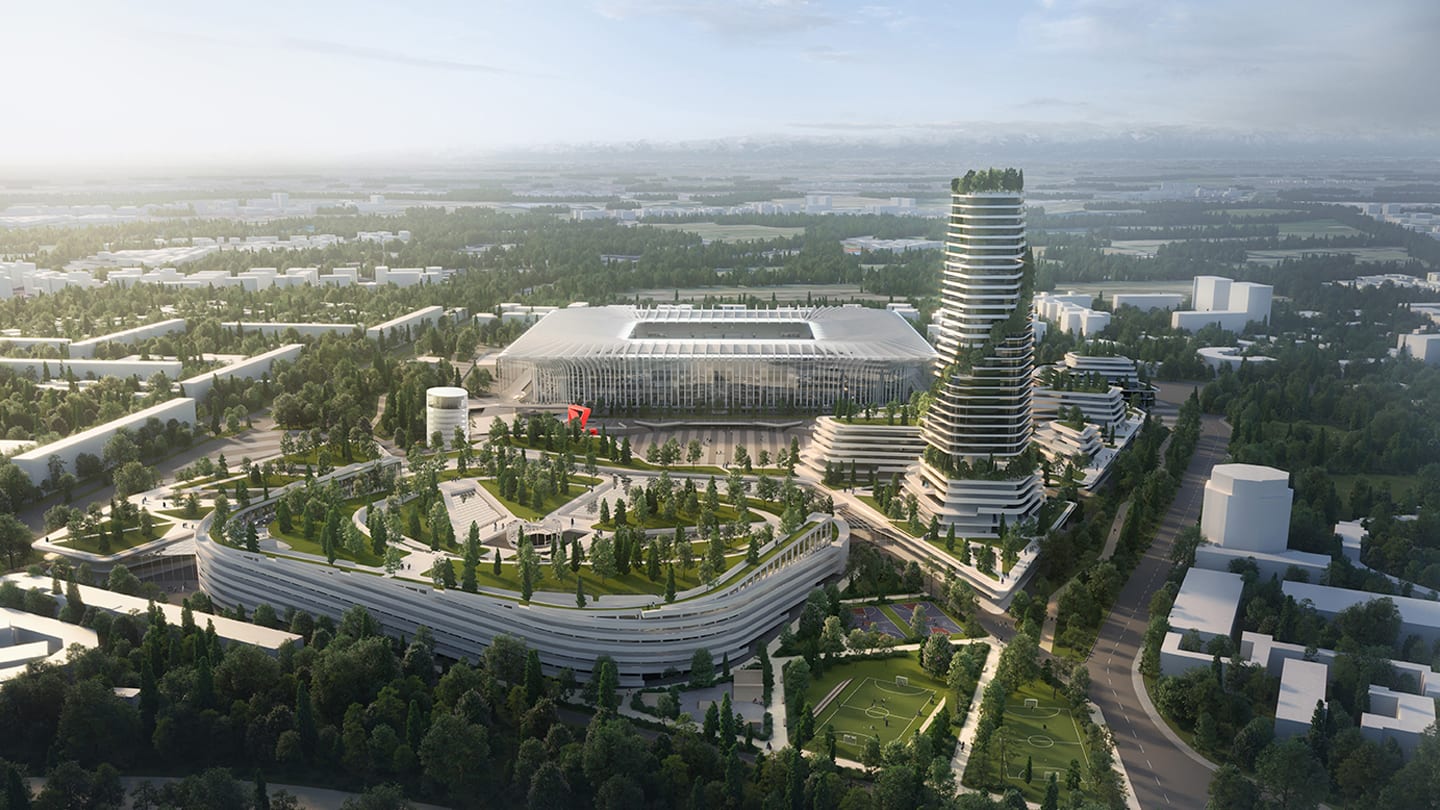
Credit: nuovostadiomilano.com
On the AC Milan team, Gazidis said finally:
"We have 20 or 30 stories which all have a redemption arc or a fresh aspect. All of them have contributed to this new story at the club – which is developing into something really powerful."
